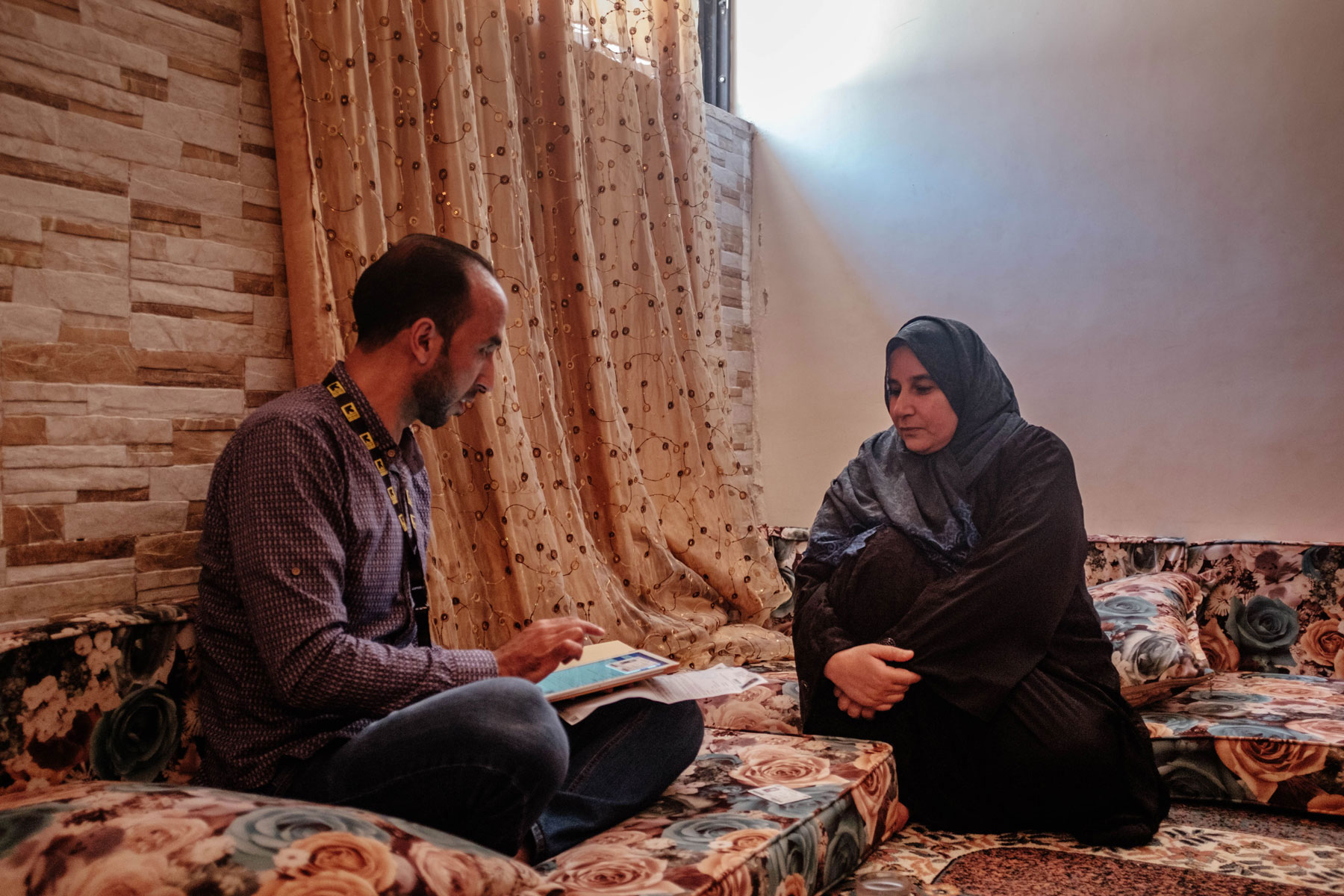
Match
Combining data, networks and policy to get refugees into work
Working to counter the high rates of unemployment that follow mass displacement, the Match project in Jordan is testing a set of new innovations for placing vulnerable populations and refugees in jobs.
When mass displacement leads to mass unemployment, both refugees and vulnerable host populations are affected. Getting refugees into work, and growing the labor market, requires both innovative policy and innovative ideas. In 2016, the Government of Jordan and the international community forged the Jordan Compact, which aims to provide 200,000 employment opportunities to Syrian refugees. One part of the Compact is a set of incentives for employers to hire refugees. To support the Compact and inform the response to future crises, Project Match in Jordan is testing a set of new innovations for matching employers and job seekers.
Match consists of two core activities:
- A mobile network of entrepreneurial employment service officers
- An algorithm that enables the IRC to optimally match jobs and job seekers
These core services are supported by a set of complementary and experimental activities, including behavioral nudges (such as sharing testimonials and providing job search planning tools), and financial support aimed at mitigating the material constraints refugees face in accessing and retaining employment.
Project Timeline
Randomized Control Trial concludes
Project Match’s RCT came to a close on November 30. Results are to be finalized from December to February. In this final phase of implementation, the field team will focus on scaling the interventions that our early results indicate were the most impactful, in particular the job search planning tool. There have been 924 total hires over the course of the project thus far.
104 job placements made in the agricultural sector
Efforts to shift toward this agriculture sector proves effective as 104 people are placed into jobs during the month of September